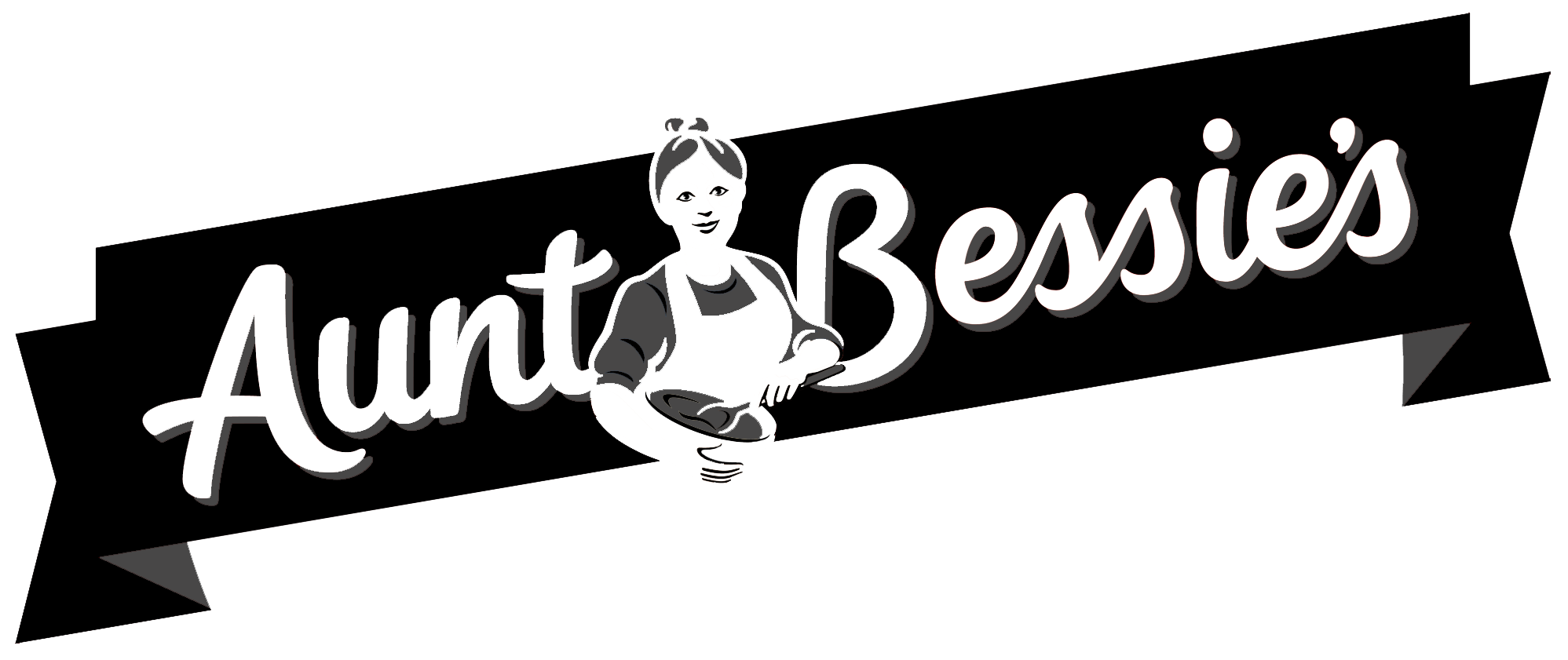January Cases
Discrimination - Taylor v Jaguar Land Rover (2020)
A Birmingham ET has been the first tribunal to judge that gender fluid/non-binary people fall within the definition of the protected characteristic of gender reassignment and are therefore protected under the Equality Act 2020. Rose Taylor worked as an engineer for Jaguar Land Rover. She started identifying as gender fluid/non-binary in 2017, at which point she usually dressed in women’s clothes. She claimed that she suffered harassment and discrimination at the hands of her work colleagues. The company argued that her claim should not succeed as she did not have the protected characteristic of gender reassignment. Taylor was awarded £180,000 in compensation.
Unfair dismissal - Uddin v London Borough of Ealing (2020)
Uddin was dismissed following an allegation of inappropriate sexual behaviour towards a female colleague. She had reported him to the Police but later withdrawn the complaint. The investigating officer was aware that the complaint to the Police had been withdrawn but did not tell the dismissing manager. The EAT allowed Uddin’s appeal for several reasons and found that the ET had erred in its approach. With particular significance to the case of Royal Mail Ltd v Jhuti (2020) the EAT remarked that given that (a) the dismissing officer had attached some weight to the fact that a Police complaint had been made, and (b) had stated in evidence that had she known about the withdrawal she would want to have understood the reason for it.
Given that the investigating officer knew that the police complaint had been withdrawn but did not pass this on to the disciplining officer, and the gravity of the allegations, the only proper conclusion was that this rendered the dismissal unfair.
TUPE – ISS Facility services v Govaerts (2020)
Complicating an already highly complex area of employment law, the ECJ ruled that where there are multiple transferee employers, it is possible for an employment contract to transfer to the new employers proportionately to the work undertaken by the transferring employee. Govaerts was a project manager for ISS. ISS held the contract for cleaning and maintenance of certain buildings. The buildings were divided into three lots and Govaerts was project manager for all three. ISS lost the contract. Two new suppliers were appointed. Atalian, would take over lots one and three, and Cleaning Masters, lot two. As the majority of Govaerts work (85%) was spent on lots one and three, she was advised by ISS that she would transfer to Atalian, which Atalian contested.
The ECJ ruled that while employees’ rights have to be protected, in a situation where there are multiple transferees, a transferee’s rights must also be considered as they could potentially inherit the entire employment contract even though the tasks that needed to be performed were only part-time.
Where division of the contract of employment is impossible or adversely affects the rights of the worker by causing a worsening of employment conditions, the transferees will be responsible for any consequent termination of the employee’s contract.





